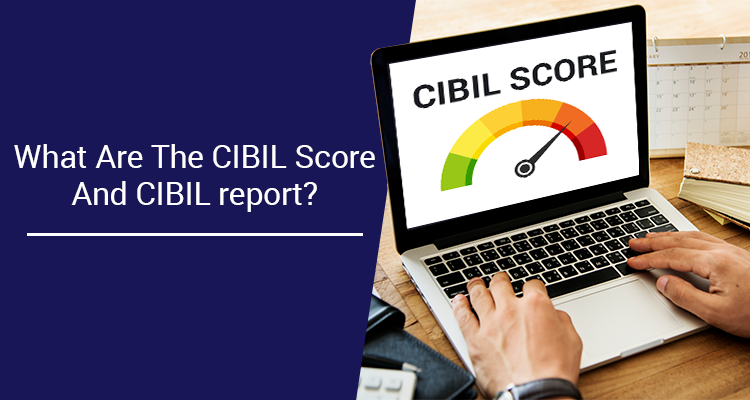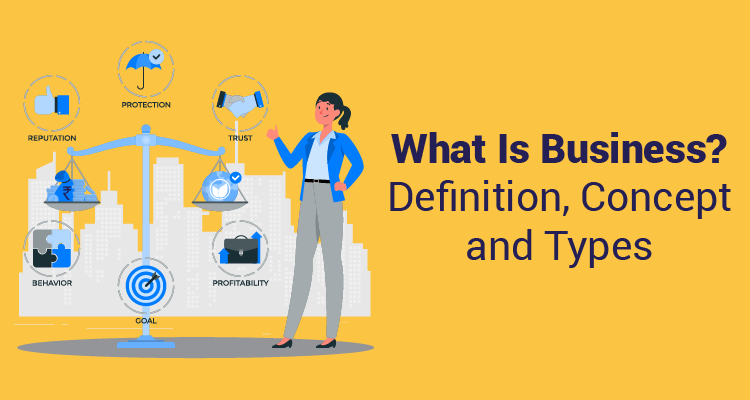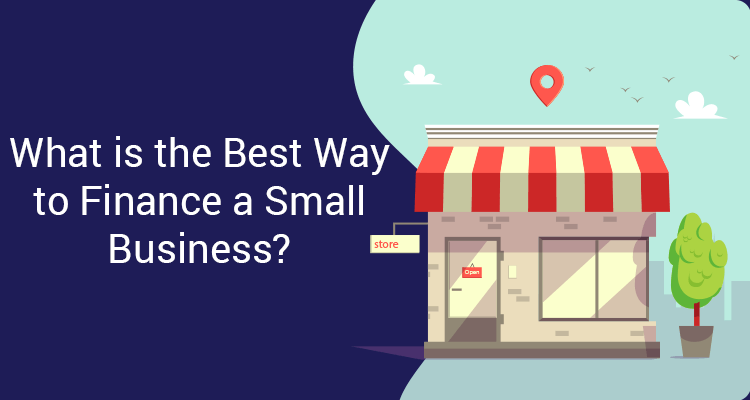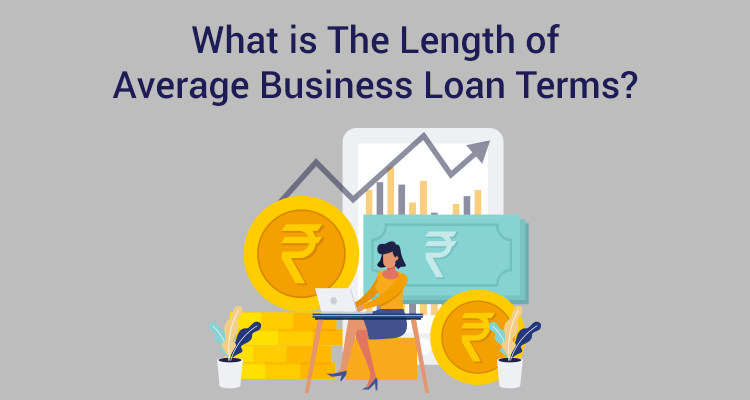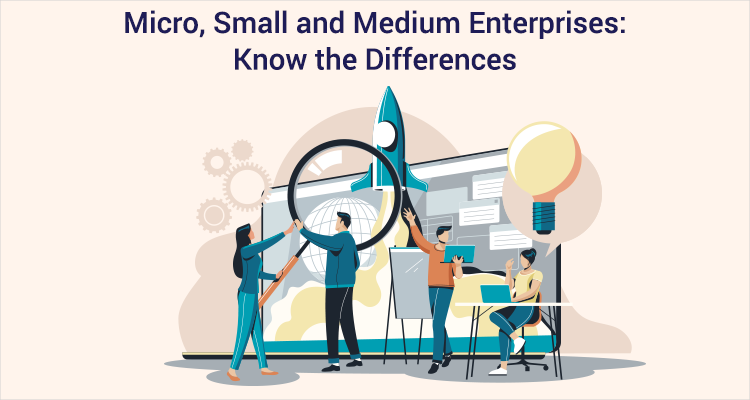What Are The CIBIL Score And CIBIL Report?
Table of Contents
Funding your needs with a loan is a common phenomenon. A loan fulfils all your business, travel, purchasing a home or a car, or any unexpected expenses. However, with easy access to loans at your fingertips, you must fulfil the essential eligibility criteria before availing of one. The CIBIL score is the most crucial criterion. This article explains what is a credit score and credit report in detail.
What Is A Credit Score?
A credit score measures your creditworthiness or ability to repay debt. It is a three-digit number based on your repayment history and credit record with various loan types and financial institutions.In India, four credit bureaus are licensed by the Reserve Bank of India: Credit Information Bureau (India) Limited (CIBIL), Experian, Equifax, and Highmark. The most popular credit rating entity is the CIBIL rating.
A CIBIL score ranges between 300 and 900, with 900 being the highest. Lenders consider a CIBIL score of 750 or more favourable for the borrowers. A credit score is calculated by an algorithm that considers multiple factors. Each factor is given a different weight in the calculation. These factors to consider include:• Payment history by type of debt (e.g. loan or credit card)
• Your total balance
• A balance between secured and unsecured loans
• Number of loans and credit cards
• Credit utilisation
What Is A Credit Report?
A credit report is a statement that provides information about your credit activity and current credit situation, such as loan payment history and loan account status.Most people have multiple credit reports. Credit bureaus, also known as consumer research agencies, collect and store financial information about you from lenders, credit card companies, and other financial institutions.
Typically, lenders use this report to decide whether to lend money to you and the interest rate to offer. Lenders will also use your credit report to determine if you continue to meet the terms of your existing credit account. Insurance companies may use your credit report to determine your insurance premium. If your employer agrees to see your credit report, they may use it to make employment decisions about you.A credit report often contains the following information:
• Name
• Birth date
• Residential address
• Phone numbers
• All your bank account information
• Credit limits
• Accounts payable
• Accounts payment history
• All public records like a lien, bankruptcies, etc.
What Do credit History And Credit Report Mean In CIBIL?
Before you apply for a loan you must know what is your CIBIL score and what is the meaning of a CIBIL score. The CIBIL score essentially depicts your creditworthiness. Before lending you any money, lenders want to know the probability of you paying the dues on time. The CIBIL score analyses your credit history, which is your debt repayment record.Sapna aapka. Business Loan Humara.
Apply NowA credit report is a credit history statement from various sources such as banks, credit card companies, collection agencies, and government bodies. A borrower's credit rating results from a mathematical algorithm applied to credit information to predict creditworthiness. Building a CIBIL credit score takes time and typically requires 18-36 months of credit usage to achieve a satisfactory credit score.
Why Does The CIBIL Credit Score Matter?
CIBIL scores play an essential role in the loan application process. When someone applies for a loan from a bank or financial institution, the lender first checks the applicant's CIBIL score and report. Banks may not even consider your application further if your CIBIL score is low. If the CIBIL score is high, the lender will review the application and consider other details to determine if the applicant is credible.The CIBIL score acts as a lender's first impression, and the higher the score, the more likely the loan will be screened and approved. The decision to grant credit rests solely with the bank, and CIBIL does not determine the approval of a loan/credit card.
How To Improve Your CIBIL Score?
A few ways to improve and maintain your CIBIL score are as follows.• Timely Repayments:
Making timely repayments tops the list of how you can maintain a good CIBIL score. Track loan repayments to maintain a good CIBIL score. One hack to repay on time is to set up auto pays or calendar reminders.• Review And Revise Your Credit Report:
Develop a habit of periodically reviewing your credit report to check for errors. You may want to revise it if you find any errors before your name enters the defaulter’s list.• Check Your Credit Utilisation:
Keep your credit utilisation less than 30%. This practice can impact your credit score positively.• Keep A Low Application Frequency:
Credit agencies record your loan inquiries in your credit report. It is best to refrain from sending out a lot of applications as well as inquiries. It indicates credit-hungry behaviour and lowers your score even though you can pay off your loans and credit cards on time.• Keep A Good Credit Mix:
Maintain a balance of secured and unsecured loans. If you avail of unsecured loans, it can negatively impact your CIBIL score and may increase your disapproval chances.Avail Of A Loan With IIFL Finance
IIFL Finance is a leading loan provider in India. Avail of any type of loan for any purpose. With us, you do not have to worry about your CIBIL score as we help you navigate a way through it. You provide maximum benefits at the most competitive rates. The best part? You can avail of the loan with IIFL Finance from the comfort of your home!Frequently Asked Questions
Q.1: How can I check my CIBIL score?
Ans: You can check your CIBIL score on the authorised website of CIBIL, the credit bureau agency.
Q.2: How do I start building my CIBIL score?
Ans: The first step of building your CIBIL score may be applying for a credit card and using it regularly. You must ensure to make timely payments to maintain a high score.
Sapna aapka. Business Loan Humara.
Apply NowDisclaimer : The information in this blog is for general purposes only and may change without notice. It does not constitute legal, tax, or financial advice. Readers should seek professional guidance and make decisions at their own discretion. IIFL Finance is not liable for any reliance on this content. Read more
